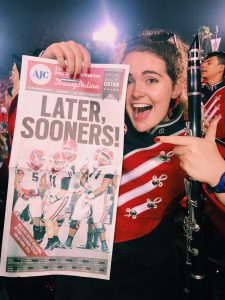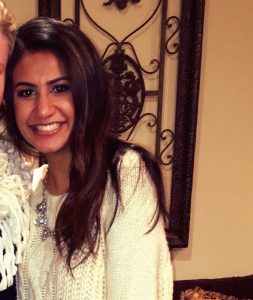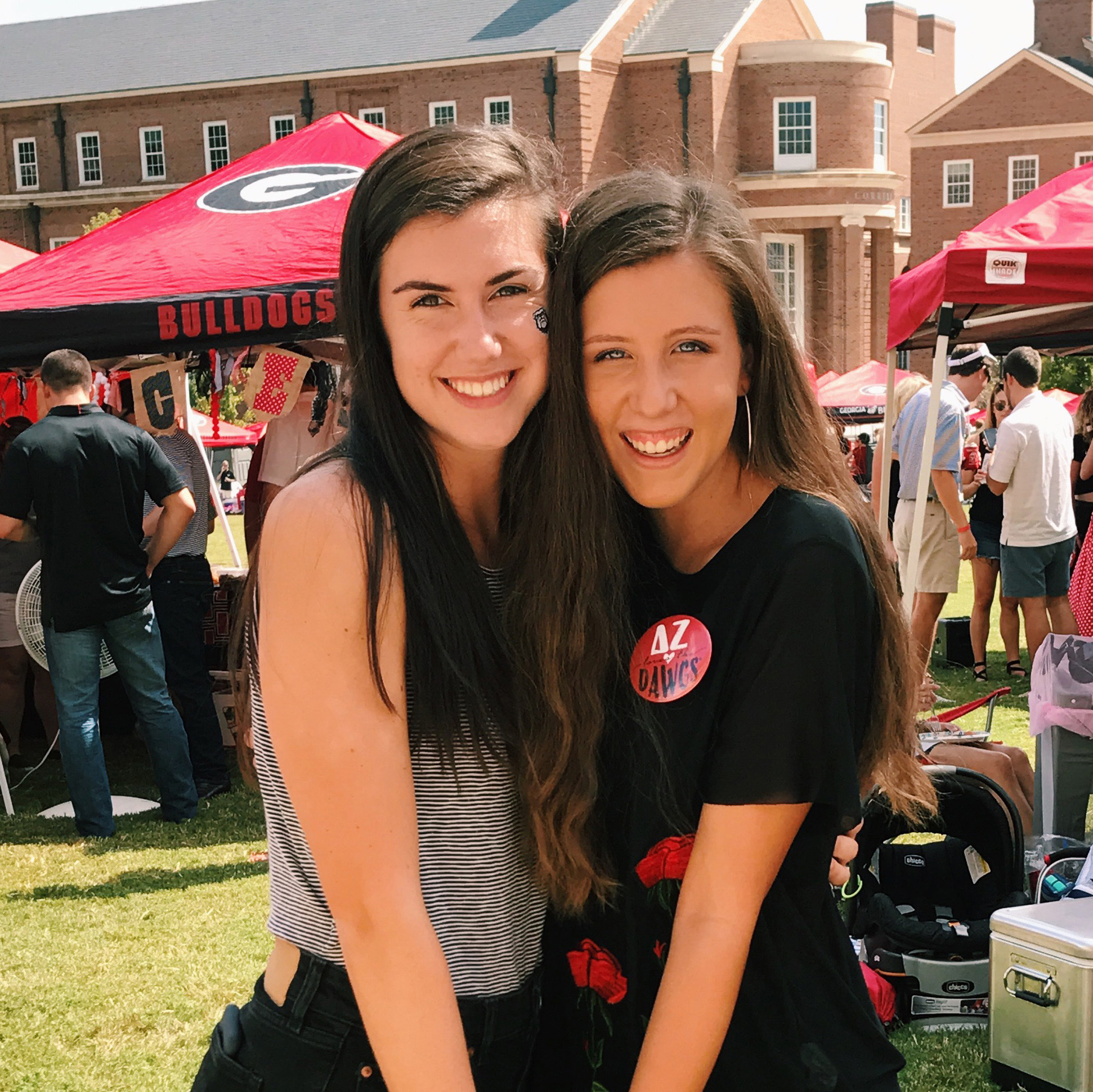I’m Sahir, a sophomore doing computer science as his major. I’ve always enjoyed science as a topic. My earliest interest in science started when I was only six or seven years old, starting with a fascination with outer space. One of my earliest memories from that age was hearing about Pluto’s declassification as a planet — something that I remember really bothered me at the time! My mom is a doctor, so I guess I should be inclined to be a doctor as well. However, I’ve seen the amount of effort she has to put into her work, and given how much of the medical profession seems to be testing and bookkeeping, I firmly decided long ago that I was not going to be a doctor.
In school, I always enjoyed our science classes. Up until ninth grade, we had general science classes (except perhaps Life Science in seventh grade), but in high school we had more specific subjects. I took biology as a freshman, physical science as a sophomore, chemistry and human anatomy as a junior, and AP Biology as a senior. Out of all of them, I enjoyed chemistry and the early stages of biology the most. I say “early stages of biology” because in our biology classes, my favorite parts of biology (cellular biology, genetics, and evolution) were covered at the beginning of the semester. I have mixed feelings about ecology and a particular dislike for plant biology — the latter because I feel like plant biology always ends up being a long discussion about pine cones and tree trunks, which feel like low points compared to viruses and DNA.
In all honesty, I wasn’t sure what I expected to get out of this course when I walked in about an hour ago. It felt like I was simply fulfilling one of my degree requirements, walking in because I have to — and hey, as long as we weren’t spending the entire semester talking about legumes, I might just enjoy myself. But after being introduced to what we’re actually doing, I think this class is going to be a lot more enjoyable than I initially thought. I like that it’s going to be interactive and doesn’t look like it revolves entirely around reading and note-taking. So I suppose what I hope to get out of this course is everything it can offer, for me to involve myself in it fully and have some fun with biology on a more active level.
As far as composting is concerned, I think what I’d like to learn more about is how the green bins work, and how composting can be incorporated in a community’s culture. My parents live in Phoenix and have a green bin there, but their bin is for recycling plastic bottles and paper — which is what I always thought the green bin was for! In Reed Hall, we have a recycling bin for cardboard and paper, but there’s a notice above it specifically asking students to throw food items into the catch-all trash can. Should we perhaps be looking to correct that, so that students are also encouraged to compost? That could make a huge difference, especially in the big dorms like Russell and Creswell Halls.
I think this topic could also apply to my classmates, as I’m sure that most people would be much more interested in recycling, composting, and generally going green if it were made easily accessible. What if there was a compost bin in the Bulldog Café, and people could throw out their food waste and their cardboard and paper separately? I’m sure that would make a big difference.
I’ve sometimes considered doing something politically related as a career option. If I ever do do something like that, I’m sure that I would have a strong position on the environment and on being eco-friendly in general. I hope that when we do our outreach, I can learn a lot about explaining why we need to be more environmentally conscious.




